Lawn Maintenance At Home........"NOTHING BUT RAIN IN THE STORM DRAIN!!!!"
Maintaining a healthy yard is important to most residents in the Metro Atlanta area. Over half of a group surveyed in a follow-up poll for the Clean Water Campaign said that they maintain their own lawns. However, your yard may not be as “green” as you think. Excess fertilizer and pesticides can wash off your lawns when it rains. Here are some tips for you to follow when maintaining your lawn that prevent water pollution while keeping a yard green.
Dump No Waste In Storm Drains
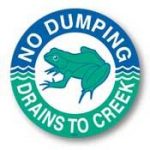
Lawn
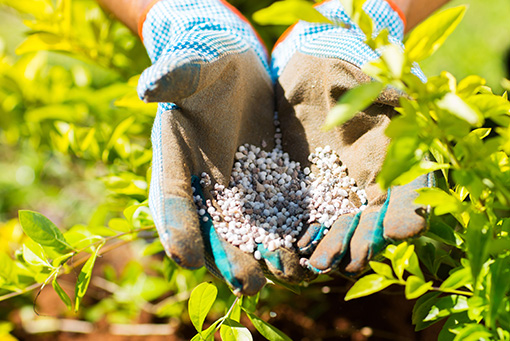
- Avoid fertilizing in drought conditions and when heavy rain is predicted.
- Calibrate fertilizer spreaders to ensure proper rates are applied and use slow release forms of nitrogen
- Close the spreader when going over pavement. If fertilizer is spilled or lands on paved surfaces, sweep it up and apply it to the lawn.
- Use a drop or rotary spreader with a deflector shield around waterways. Always close the spreader while passing over paved surfaces.
- If fertilizer is spilled or lands on paved surfaces, sweep it up and apply it to the lawn, then irrigate the lawn to minimize runoff.
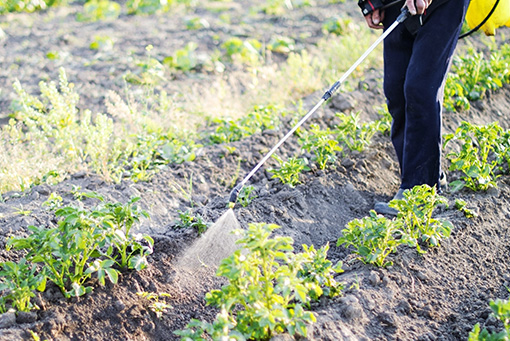
- Read the pesticide label BEFORE you handle or apply it.
- Avoid applying pesticides when rain is predicted.
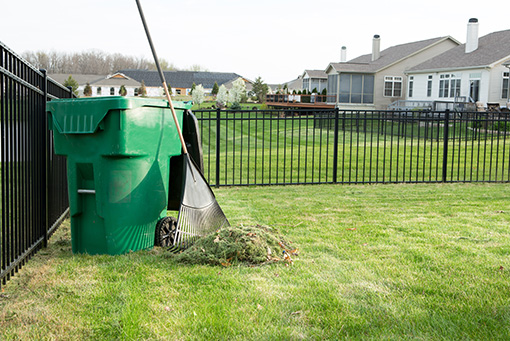
- Don’t blow grass clippings and leaves in the street or down a storm drain! These extra nutrients can reduce oxygen levels in water and potentially cause fish kills.
- Recycle clippings.
- Use a mulching mower to reduce the amount of grass clippings.
- Compost plant clippings, leaves, excess grass clippings and other plant material or bag them for curbside pick-up.
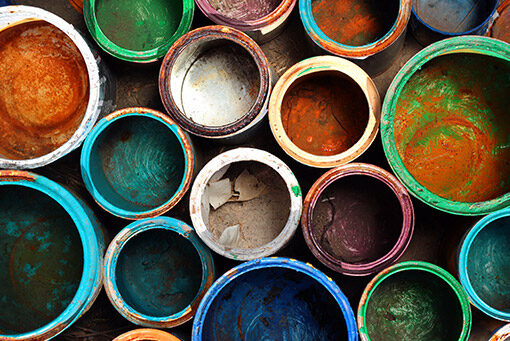
- If possible, schedule grading and excavation projects for dry weather.
- Cover bare areas with plants or mulch.
- Leave a vegetative buffer along stream banks undisturbed.
- Cover all storm drains before hydro-seeding an area.
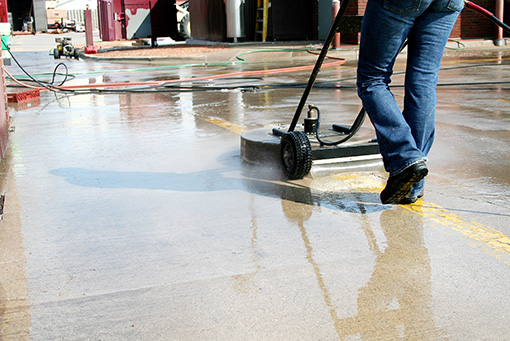
- Don’t wash equipment where wastewater can drain to a storm drain.
- Dispose of old oil, gasoline and yard chemicals properly.
- Don’t litter. Cover your load.
- Don’t use cleaning chemicals where wastewater can drain to a storm drain.
- Interested in saving water while landscaping? Go to our residential water conservation page by clicking here.
Automobile Maintenance At Home
Each year millions of gallons of used motor oil are disposed of improperly by being spilled or poured onto the ground or directly down storm drains. Did you know that one pint of oil can cause an oil slick that will cover the area the size of a football field? Low concentrations of other vehicle fluids can also cause substantial damage to waterways by simply leaking onto the roadway or your driveway. The next time you are working under the hood, try to use these simple suggestions so you too can “Be a Solution to Water Pollution.”
Here are some basic steps to reducing water pollution by maintaining your vehicle:
- Inspect and maintain your car regularly to prevent leaks.
- Take motor oil, antifreeze, and other fluids to be recycled at a participating program.
- Use sawdust or kitty litter to clean up leaks and spills. Never hose down spills into the gutter.
- Don’t dump oil or antifreeze in the streets or drains.
- Service car regularly to prevent leaks.
- Wash your car on your lawn or gravel.
- Replacing brake pads or shoes
- While buying parts at the store, ask the salesperson if they carry no-copper or low-copper replacement brakes pads and shoes.
- Wipe as much brake dust as possible off of the rotors and drums before using brake cleaner fluid. When cleaning brake parts, make sure to use a drip pan to collect the used material. The cleaner can also be recycled.
- Use paper towels to wipe brake dust off wheels before cleaning.
- Changing Fluids
- When changing motor oil, antifreeze and other vehicle fluids, keep absorbent materials (cat litter and saw dust) nearby to collect spilled fluids and then deposit in the trash.
- Using a clean pan to collect any wasted fluids is essential to keeping spills down to a minimum.
- Use funnels or pumps when handling liquid products or wastes to avoid spills.
- Use plastic tarps and drip pans when working on your car and when it’s leaking.
- If spills occur, use sawdust or cat litter to absorb the spill, sweep it up, bag the material and dispose of the waste in the trash.
- Cleaning and Degreasing
Cleaning and degreasing an engine can be harmful if labels on the back of bottles are not read. - Read labels carefully and use as directed.
- Use non-flammable, more biodegradable alternatives (citrus based solvents used in rinse water can be drained down a sink or toilet, but not a storm drain).
- If you cannot contain rinse water, then go to the nearest parts store or service shop to have parts cleaned.
- See your local car service facility to find out if they treat engine wastewater and dispose of wasted water there.
- Whenever possible, do use rags instead of water when you’re cleaning.
- Recycle your used parts, fluids, and filters
- Recycle oil filters by poking holes in the filter to let it drain in a pan for several hours.
- Choose a work area on a flat concrete surface where spills can be easily cleaned up.
- Used oil can be refined to be at the same quality as unused oil.
- Refrain from combining engine-cleaning products with vehicle fluids.
- Dispose of radiator fluid properly (do not pour down drain, sink, gutter or street).
- Don’t mix coolant with other auto fluids, they are not recyclable when mixed.
- Recycle tires and batteries at collection centers.
- Coordinate with neighbors to partner in changing vehicle fluids within the same time frame.
- Contact local parts stores and service facilities for more information on recycling and disposal opportunities in your community. Did you know the following could be recycled at a location near you?
- Transmission Fluid
- Car Batteries
- Used Tires
- Antifreeze
- Brake Fluid
- Used Motor Oil
- Used Oil Filters
